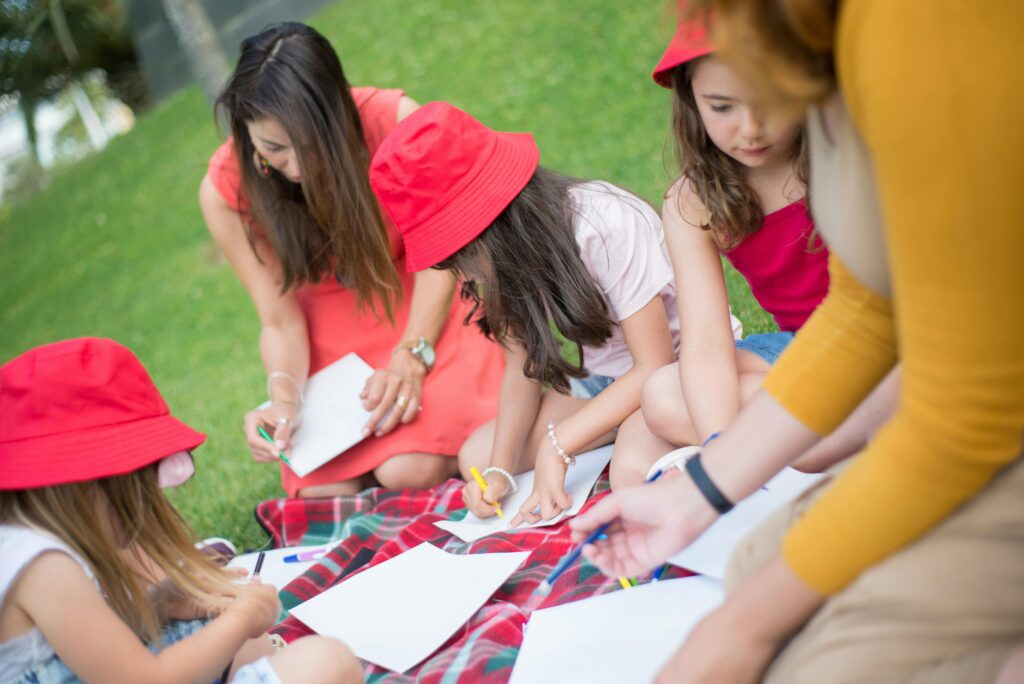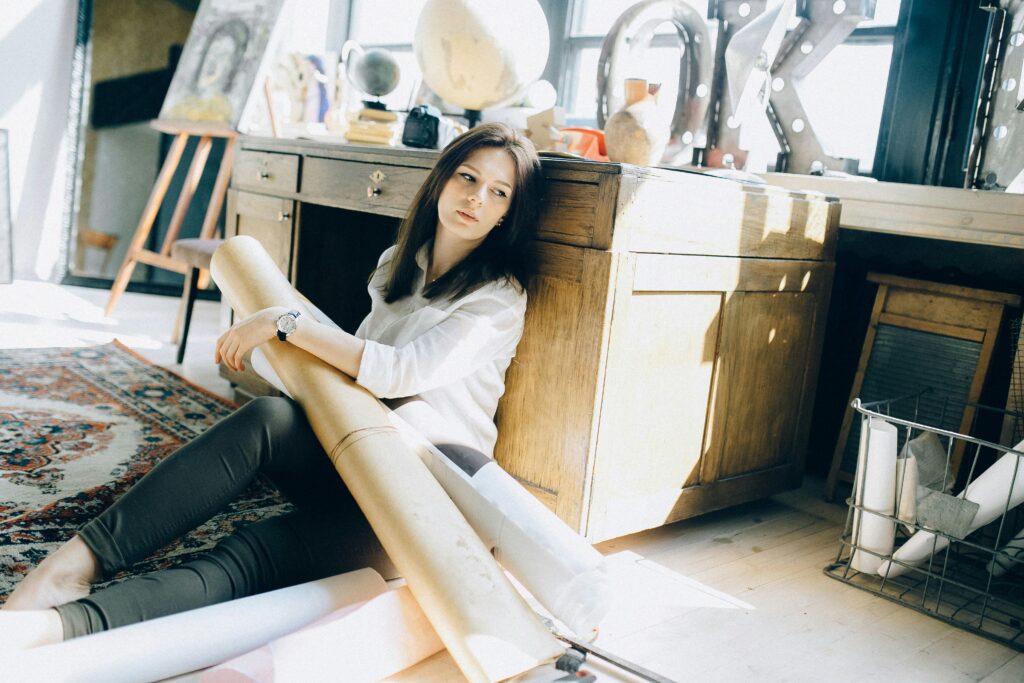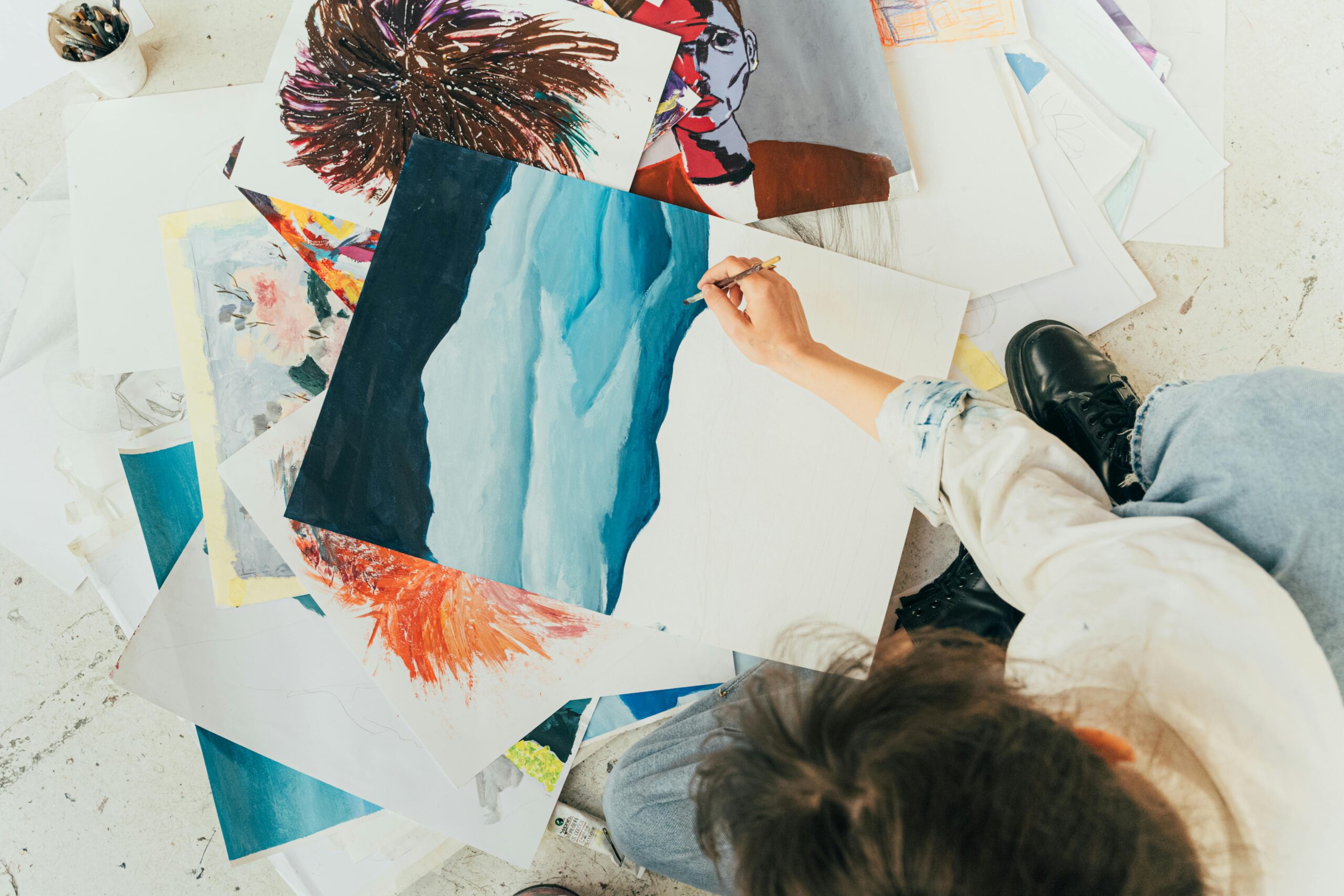Maximize your BA Fine Arts experience with our comprehensive guide. Discover tips on choosing your specialization, engaging in studio work, utilizing campus resources, participating in exhibitions, and more to ensure a successful and fulfilling academic journey.
Introduction
Pursuing a BA in Fine Arts degree is an exciting and rewarding journey filled with creativity and self-discovery. Whether you’re drawn to painting, sculpture, digital arts, or any other medium, this guide will help you make the most of your time in a Fine Arts program. We’ll explore various strategies to enhance your learning experience, from choosing your specialization to preparing for life after graduation.
Choosing Your Specialization
Selecting the right specialization is crucial for your success and satisfaction in a BA Fine Arts program. Reflect on your interests and strengths to identify which area of art excites you the most. Research the career opportunities available in different specializations, and don’t hesitate to seek advice from your professors and advisors. Your specialization should align with both your passion and professional goals.
Engaging in Studio Work
Dedication to studio work is essential in a Fine Arts program. Spend time honing your skills and experimenting with different techniques and mediums. Building strong relationships with your instructors can provide valuable feedback and mentorship. Their guidance can help you refine your artistic voice and navigate the complexities of the art world.
Exploring Elective Courses
Taking elective courses outside your core curriculum can enrich your education. Cross-disciplinary learning can inspire new ideas and approaches to your art. Balance your core courses with electives to create a diverse and stimulating academic experience. This variety can enhance your creativity and broaden your skill set.
Utilizing Campus Resources
Make the most of the resources available on campus. Access to well-equipped studios, advanced tools, and materials is a significant advantage. Additionally, academic and career advising services can help you plan your course of study and prepare for your future career. Utilize these resources to support your artistic and professional development.
Participating in Art Exhibitions
Participating in art exhibitions is a fantastic way to showcase your work and gain exposure. These events offer opportunities to network with peers, faculty, and art professionals. Receiving feedback on your work can be invaluable for your growth as an artist. Take advantage of exhibition opportunities both on and off campus.

Joining Art Clubs and Organizations
Joining art clubs and organizations can help you connect with a community of like-minded individuals. These groups often provide additional opportunities for creative expression, collaboration, and professional development. Being involved in extracurricular activities can enhance your college experience and build lasting relationships.
Networking Opportunities
Networking is vital for building a successful career in the arts. Attend art events, workshops, and seminars to meet professionals and peers in your field. Building a network can lead to internships, job opportunities, and collaborations. Networking can also provide insights and inspiration from others’ experiences and achievements.
Gaining Practical Experience
Practical experience is crucial for applying your skills in real-world settings. Look for internships, apprenticeships, and volunteer opportunities related to your specialization. Freelancing can also be a valuable way to gain experience and build a portfolio. These experiences will prepare you for a professional career and help you build a strong resume.
Developing Soft Skills
In addition to artistic skills, developing soft skills is essential. Effective communication, collaboration, problem-solving, and critical thinking are highly valued in the art world. Engage in group projects, lead initiatives, and challenge yourself to develop these skills. They will complement your technical abilities and enhance your overall effectiveness as an artist.

Studying Abroad
Studying abroad can offer a unique perspective and inspiration for your art. Immersing yourself in a different culture and artistic environment can broaden your horizons. Choose a study abroad program that aligns with your academic and personal goals. The experience can enrich your artistic practice and provide a global context for your work.
Balancing Academics and Personal Life
Maintaining a balance between your academic responsibilities and personal life is crucial for your well-being. Practice effective time management, set priorities, and make time for relaxation and social activities. Taking care of your mental and physical health is essential for sustaining creativity and productivity.
Preparing for Post-Graduation
As you approach the end of your BA Fine Arts program, start planning for your future. Consider whether you want to pursue graduate studies or enter the professional art world. Research potential programs or job opportunities, and seek guidance from advisors and mentors. Preparing early can ease the transition and set you on a path to success.
Building a Portfolio
A strong portfolio is essential for showcasing your work and skills. Include your best pieces and ensure your portfolio is well-organized and professional. Creating an online presence, such as a personal website or an online portfolio, can increase your visibility and accessibility to potential employers or collaborators. Keep your portfolio updated and reflective of your current abilities and style.

Seeking Mentorship
Finding a mentor can provide invaluable guidance and support throughout your artistic journey. Look for mentors within your academic community, professional networks, or local art scene. A mentor can offer insights, feedback, and connections to help you navigate your career path. Building a strong mentor-mentee relationship can be mutually beneficial and last well beyond your academic years.
Conclusion
Your BA Fine Arts experience is a unique and transformative time in your life. By actively engaging in your studies, exploring diverse opportunities, and building meaningful connections, you can maximize your time in the program. Embrace the journey, stay curious, and keep an open mind—your efforts will pave the way for a successful and fulfilling career in the arts.
FAQs
How do I choose the right specialization?
Consider your interests, strengths, and career goals. Research different areas of art and seek advice from professors and advisors to find the best fit for you.
What are the benefits of participating in art exhibitions?
Art exhibitions provide exposure, networking opportunities, and valuable feedback on your work. They can enhance your resume and help you build a professional network.
How can I balance my studies with my personal life?
Practice effective time management, prioritize your tasks, and make time for relaxation and social activities. Maintaining mental and physical health is crucial for success.
What should I include in my art portfolio?
Include your best work, ensuring it is well-organized and professional. A digital presence, such as an online portfolio, can increase your visibility to potential employers or collaborators.
How do I find internships in the art field?
Utilize your university’s career services, attend networking events, and reach out to professionals in your field. Internships can provide valuable practical experience and industry connections.
